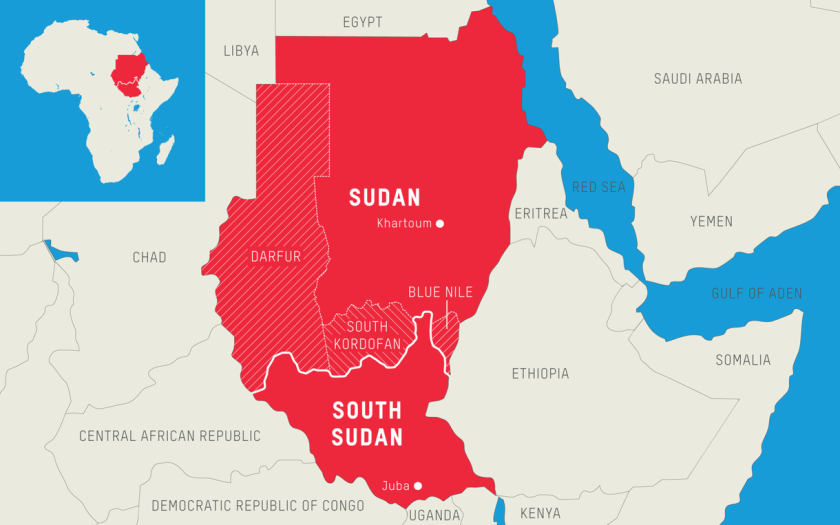
“Government land- Anybody occupying government land (Aswa ranch, Lakang, land acquired for the Madvhani group, etc.) must leave with immediate effect but in any case not later than 3 weeks from today” (Yoweri Kaguta Museveni, 03.11.2023).
Today, we can acknowledge with certainty that the Government of Uganda (GoU) lays claims to land and expropriate it without any consideration, hesitation or plans for the ones living on it. This after years of stalemate and clashes. Because, the state has no answers and only beholden to the companies or foreign investors who “bought” the land.
That’s how the National Resistance Movement (NRM) operates. They are now giving Apaa Village three weeks to move. Others will follow in the Acholi sub-region. As the interests of Kampala/Entebbe is more important than the livelihoods or the pastoralist societies of the North. That is the message I am getting from the President.
He gives the citizens three weeks to relocate, but offers no securities, no basic ways to find new homes or land to settle on. The President is relocating families and villages all for the benefit of a few chosen ones. That’s what his doing and he has no plan or structure in place to give them shelter or a way to make a living.
What the President is now issuing is a case for the Madvhani Group, which have made agreements with the state back in the mid 2000s or around 2006 to be exact. There been plenty of setbacks and pushback on the deal. However, the state has continued and persistent that the group was to takeover 40,000 hectares of land in Amuru district and build Amuru Sugar Works.
While the mentioning of Apaa Village was to sell it to a South African Investor Bruce Martin so he got his own gaming reserve and hunting ground in the area. That was done in 2005 and continued to this day.
Another mentioned case was the sale of Aswa Ranch to the Libyan government in 1998. That’s why we know the state has worked on these cases for years and now suddenly only give a staunch warning.
That’s deliberate and a scare tactic, as there are no mechanisms or anything in place to safeguard the civilians here. Everywhere that the state has sold land. They are only becoming internally displaced people (IDPs) with nowhere to go. While the investors get prime real-estate and get huge chunks of land. That is hurting to know and the President should know better, but he has promised and the investors wants their loot. Therefore, he has to do something, because his not winning by the years going by. His not getting younger either, so he cannot enjoy the spoils if the assets and the land isn’t sold.
That is something we have to consider here, as the President just directs and orders like a colonial master over the sub-region. Where the public are just supposed to listen and if not… they will suffer consequences. The ironies of that, if they do listen… where should they go? Where and what has the state to offer them?
They have just lost everything and what they knew… so that some foreign investors could grab land in Acholiland. That’s the gig here and its infuriating. It just shows the arrogance and the entitlement of the government. As it just takes, take and doesn’t question its own behaviour here.
Acholi deserves better. They do… they are being sold for shiny objects and left out with nothing. While the President and his inner-circle is getting a piece of the action. Peace.









